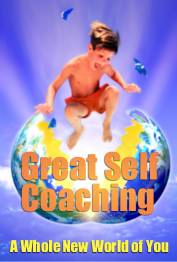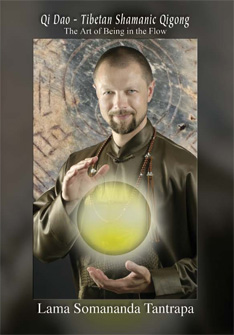
If the brain is like an iPhone, how can coaching help?
Imagine you are a smart phone with 10,000 brilliant apps, but you don’t know how to use them or even what each one is for.
Instead, you try to make the weather app do the job of the GPS app and then blame it for not telling you where you are. Or maybe you use a shopping app to help you lose weight, but instead you just spend money...
Sound familiar? Some of us have frustrating relationships with our phones!
Yet virtually ALL of us have frustrating relationships with OURSELVES. Why? We don’t understand all of our brilliant apps! We don’t appreciate them because we don’t know what they are or how to use them. And when we use them without awareness, we get poor results...
Worse, we blame ourselves and others and even sabotage the very things we value.
How does this happen? Research tells us our brains are made up of hundreds of discrete modules, comprised of billions of cells, making trillions of connections and... 95% of it is UNconscious!
Think about that: you’re unaware of 95% of YOU.
Psychologists go so far as to say we each have multiple personalities, not pathologically, but adaptively. We tend to be different in different situations, but usually we are unconscious that we have even changed. Others can see us and our blunders, but we are blind to ourselves.
How can you grow if you’re blind to yourself?
Fortunately, there is a way to become aware of your many personalities, modules and...apps. Coaching gives you a crystal-clear mirror in the form of a coach who absolutely believes in you. And that’s where Great Self Coaching comes in...
Imagine being in a safe space where you can explore unconscious aspects of yourself that you’ve never experienced before. This is deep work, but surprisingly unscary. It's also fun - and enlightening - what you’ll discover is ALL good news!
Imagine that you not only learn from yourself, and from me, but also from the other members of this very safe group. This amazing experience connects you to your best self and helps you master ALL your gifts for the very first time.
Actually, you probably can’t imagine this, but you can experience it first hand...
Right now, I’m offering Great Self Group Coaching by phone in a fabulous new format that is incredibly effective. But you can try it out for free, by signing up for one of three Great Self Group Coaching Sessions coming up in the next few weeks.
As with all of my free programs, there are no strings attached, just lots of value (although I love it when you share with them your friends). You WILL however get an opportunity to join an extremely low-priced (a few dollars per session) pilot group to continue this amazing process, if you want to.
But first find out if Great Self Coaching is right for you by taking one or more of the following free 75-minute sessions. They're filling up fast, so take action now.
Free Great Self Coaching Coaching Group 1: The Controller
Wednesday, July 20th, 4 - 5:15 PM Eastern/NY Time
Free Great Self Coaching Coaching Group 2: The Protector
Thursday, July 28th, 11AM - 12:15 PM EDT
Free Great Self Coaching Coaching Group 3: The Analyzer
Tuesday, August 9th, 2 - 3:15 PM EDT
[UPDATE 7-14-11: These sessions are filling so fast that we've added a 4th:
Free Great Self Coaching Coaching Group 4: Fear
Thursday, August 4th, 8 - 9:15 PM EDT]



 Guest Blogger, Lama Somananda Tantrapa, is the holder of the lineage of Qi Dao that has been fostered in his clan for 27 generations since 1224 AD. He has over 30 years of experience in Qi Dao and other internal martial arts. After pioneering Qi Dao Coaching in 2000, he has provided wellness, peak performance and life coaching to hundreds of clients from all walks of life. His coaching has inspired many professional athletes, speakers, dancers, singers, writers and actors to open up to the infinite source of power that exists within everyone. Lama is Founder and Editor of
Guest Blogger, Lama Somananda Tantrapa, is the holder of the lineage of Qi Dao that has been fostered in his clan for 27 generations since 1224 AD. He has over 30 years of experience in Qi Dao and other internal martial arts. After pioneering Qi Dao Coaching in 2000, he has provided wellness, peak performance and life coaching to hundreds of clients from all walks of life. His coaching has inspired many professional athletes, speakers, dancers, singers, writers and actors to open up to the infinite source of power that exists within everyone. Lama is Founder and Editor of

 On September 29th, CNNMoney wrote,
On September 29th, CNNMoney wrote, 
 The "coaching vs. therapy" issue has been debated by coaches and therapists for years.
The "coaching vs. therapy" issue has been debated by coaches and therapists for years.  We often fall under the delusion that we have to do everything ourselves, if we want to be successful. But that's never true. We need to do A LOT ourselves, but never all of it.
We often fall under the delusion that we have to do everything ourselves, if we want to be successful. But that's never true. We need to do A LOT ourselves, but never all of it.

